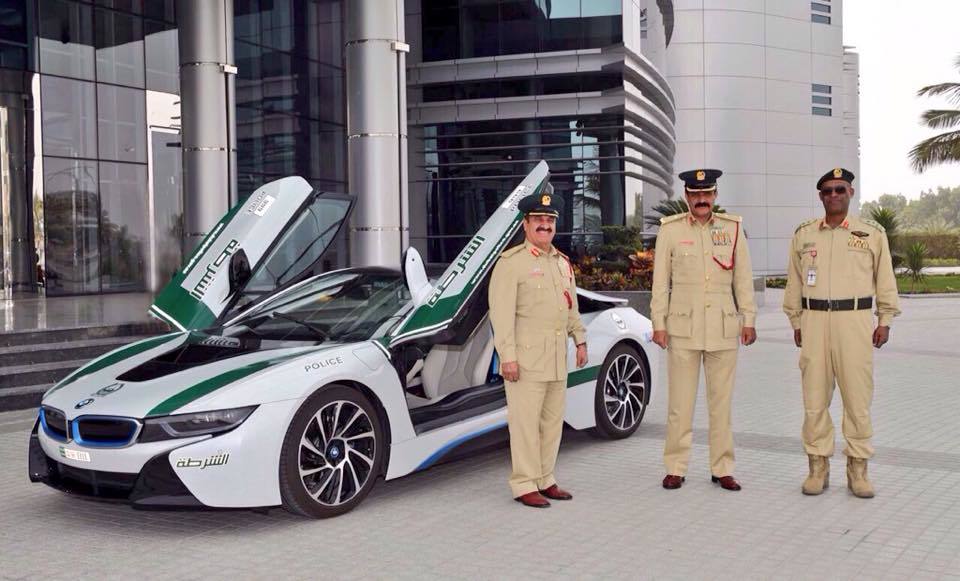
Pool Cars
It is frequently contended by many of our clients that a company car benefit should not apply because the vehicle in question is a pool car, cough cough¦
The good news is that if a car is genuinely a pool car within the meaning of the legislation then it will indeed escape any taxable benefit, however section 167 of the Income Tax (Earnings and Pensions) Act 2003 is very prescriptive and there are several pitfalls that must be avoided first.
If the car fails to meet all of the pool car conditions, then it will be deemed a company car, giving rise to a taxable benefit for every person who had private use of it in the tax year.
The 5 Part Test
There are essentially 5 conditions to be satisfied:
167(3) In relation to a particular tax year, a car is included in a car pool for the use of the employees of one or more employers if in that year
- (a) the car was made available to, and actually used by, more than one of those employees,
- (b) the car was made available, in the case of each of those employees, by reason of the employee’s employment,
- (c) the car was not ordinarily used by one of those employees to the exclusion of the others,
- (d) in the case of each of those employees, any private use of the car made by the employee was merely incidental to the employee’s other use of the car in that year, and
- (e) the car was not normally kept overnight on or in the vicinity of any residential premises where any of the employees was residing, except while being kept overnight on premises occupied by the person making the car available to them.
The first three of the above conditions are relatively straightforward, that the car must actually be used by more than one employee as a result of their job and should not be exclusive to any particular person. However, the final two conditions frequently cause confusion.
What is the meaning of the term merely incidental in relation to private use and when is a car not normally kept overnight?
Merely incidental
HMRC Statement of Practice SP2/96 sets out the interpretation of merely incidental. This states that if the private use is in some way a result of the business use then it can be considered merely incidental, but if it is independent to the business use then it is not.
Note that even though the proportion of private use may be small in comparison to the business use, that is not, in itself, sufficient for it to be merely incidental.
The private use must be connected to the business use.
A simple example of the test is where an employee takes a car home in order to make an early start on a business journey the following morning. Where that business journey could not reasonably be undertaken the next day starting from the normal place of work then the journey from work to home, although private, is merely incidental to the business use of the car.
Another example is an employee who is staying away from home overnight on a business trip. She uses the car to go to a nearby restaurant in the evening. This use, while it may not be necessary, can be regarded as merely incidental to the necessary business journey and overnight stay.
Not normally kept overnight
A car is accepted by HMRC as being not normally kept overnight at employees’ homes if the total number of nights on which it is taken home by employees is less than 60% of the total number of nights in the period under review.
This limit is not specifically mentioned in the legislation and is intended as a rule of thumb so there may be room for agreeing a slightly higher amount, but in practice this will be very rare since if a car or van is taken home often enough to approach the 60% limit, it is unlikely that all of the home to work journeys will satisfy the merely incidental test.
Perhaps the most important point to appreciate here is that the reason why it may be taken home is not taken into account.
Frequently, employers will maintain that there is a lack of security at the workplace, or that there is insufficient space to park the car. Neither of these points are relevant, the issue is assessed purely on the number, regardless of the reason.
A recent tribunal case highlights these issues succinctly if you have run out of bedtime reading, find the decision here.
HMRC offer hugely generous mileage allowances for use of private vehicles for business purposes, it is often best planning to utilise these allowances and avoid the BIK pitfalls entirely.
With the rise of Hybrid and Electric vehicles, it is now possible to mitigate corporation tax liabilities by purchasing a Ultra Low Emissions Vehicle, whilst incurring very little benefit charge.
If you own a company and are considering purchasing a company car, book some time to speak to us about how to structure the purchase and ensure you are not walking into a tax minefield.
We have Accountants in Essex and Accountants in Canary Wharf waiting to hear from you.

















